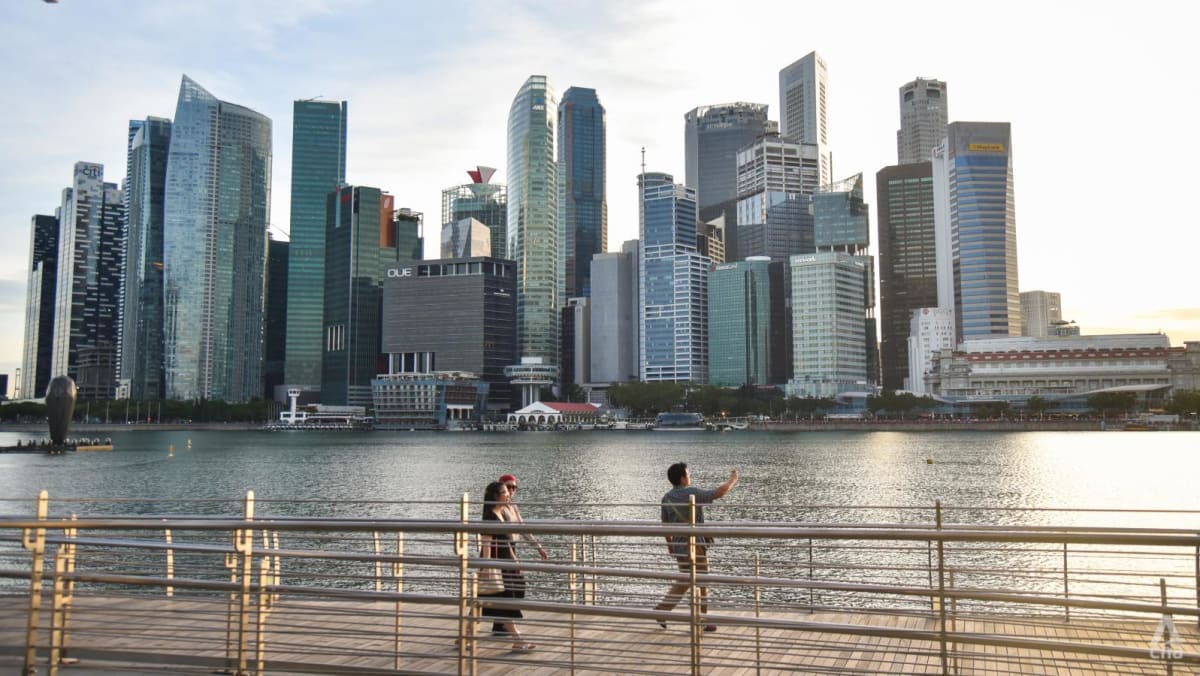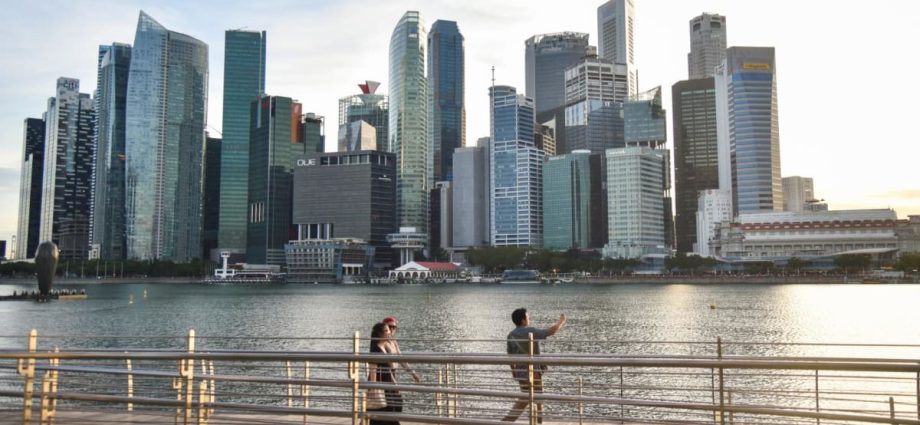
SINGAPORE: Singapore’s core inflation continued its downward trend, falling to 3.8 per cent year-on-year in July, the lowest level in more than a year.
The decline from 4.2 per cent in June was due to a smaller increase in food prices and a fall in electricity and gas costs, said the Ministry of Trade and Industry (MTI) and the Monetary Authority of Singapore on Wednesday (Aug 22).
The last time core inflation was lower than 3.8 per cent was in May 2022, when it was 3.6 per cent.
Core inflation had risen to 5.5 per cent in February and January this year, a 14-year high, before trending downwards in the following months.
Core inflation excludes accommodation and private transport costs.
Overall inflation fell to 4.1 per cent on a year-on-year basis in July, down from 4.5 per cent in the previous month.
“This reflected lower private transport inflation, in addition to the decline in core inflation,” said MTI and MAS.
Core inflation is expected to moderate further over the next few months as imported costs stay low compared to year-ago levels and the current tightness in the domestic labour market eases, said MAS and MTI.
For 2023 as a whole, headline inflation is expected to average 4.5 to 5.5 per cent, while core inflation is expected to come in at 3.5 to 4.5 per cent. Excluding the transitory effects of the one percentage point increase in the Goods and Services Tax (GST), headline and core inflation are expected to come in at 3.5 to 4.5 per cent and 2.5 and 3.5 per cent, respectively.
“Upside risks remain, including from fresh shocks to global food commodity prices and more persistent-than-expected tightness in the domestic labour market,” said MAS and MTI.
“At the same time, there are also downside risks such as a sharper-than-projected slowdown in the global economy which could induce a general easing of inflationary pressures.”

